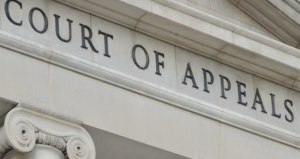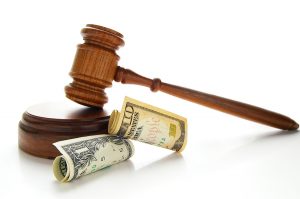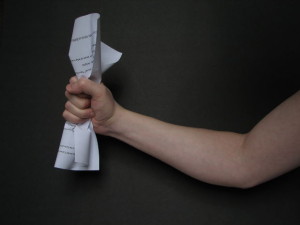On July 1, 2023, a new law went into effect in Florida that could have a significant impact on helmetless motorcyclists. HB837, also known as the “Comparative Fault” bill, changes how personal injury lawsuits are handled in the state.
Under the old law, Florida followed a system of pure comparative negligence. This meant that even if a plaintiff was partially at fault for their own injuries, they could still recover damages from the defendant, as long as the defendant was also at fault. The amount of damages that the plaintiff could recover would be reduced in proportion to their own negligence.
However, HB837 changes Florida to a modified comparative negligence system with a 51% bar. This means that if a plaintiff is found to be 51% or more at fault for their own injuries, they cannot recover any damages from the defendant, even if the defendant was also at fault.
 Florida Injury Lawyer Blog
Florida Injury Lawyer Blog














